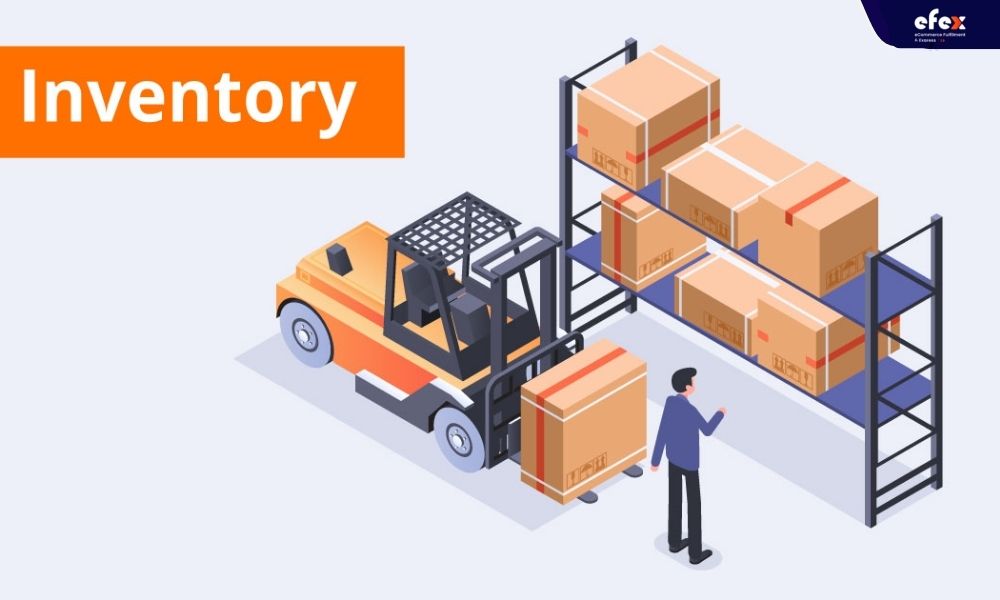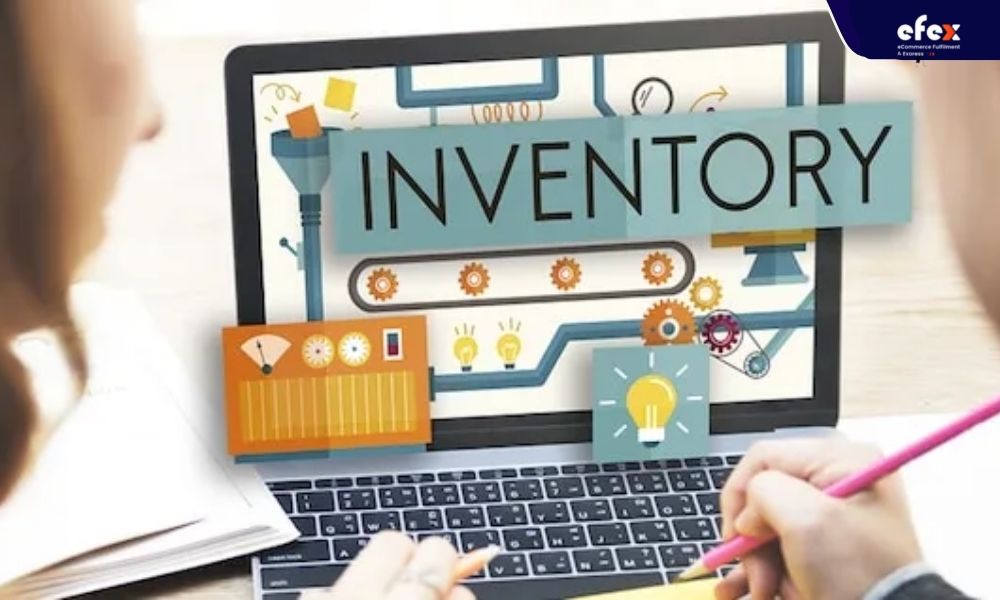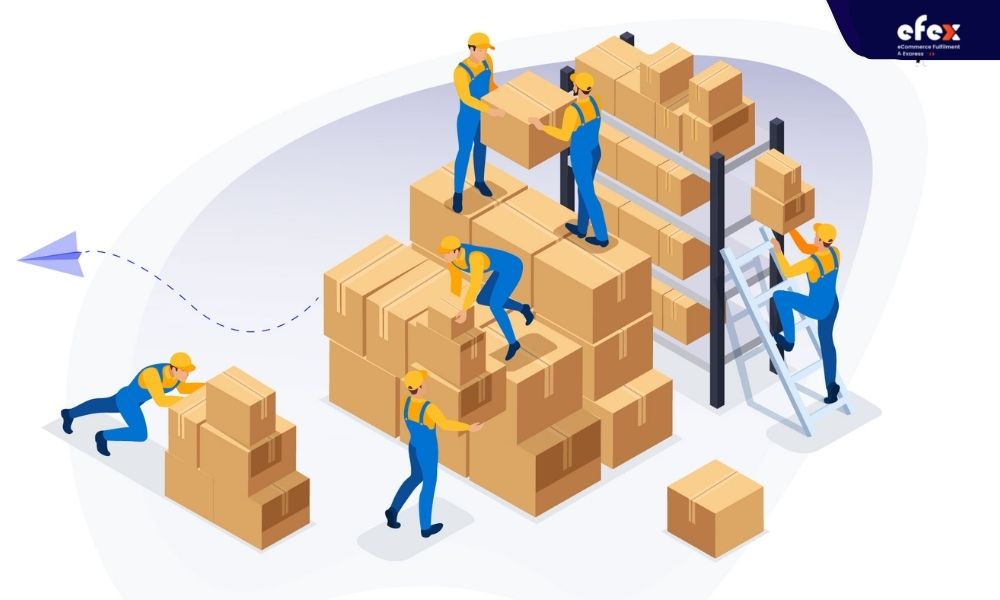
More Helpful Content
There are many business owners today who still don't know if inventory is an asset or expense. This may seem trivial, but it has a direct impact on your business mindset. Therefore, if you want to learn more about this issue, do not miss the article below.

The answer is that inventory is not an expense but an asset.
Why? Here's why. For a person managing a micro-lending program, they may have to review dozens of financial accounts for small and medium-sized businesses each month. One of the most common mistakes you'll find that severely damages a company's ability to get a small loan is treating inventory purchases as an expense. It is not an expense to acquire inventory. Instead, you are acquiring a property.
When that inventory is sold, it will create a spend in your cost of goods sold account. So, what happens if you immediately classify your inventory as an expense?
Both of these factors will make obtaining a loan more challenging. So, before you seek a loan or make an investment, make sure to address this little accounting error.

Businesses typically pay substantial costs at various phases of production in order to offer items to customers for final consumption. All of these expenses add up to the cost of goods sold (COGS). To determine gross profit, subtract COGS from the company's sales revenue. COGS as a reduction from sales revenue is consistent with the accounting matching concept.
According to the matching principle, a company's expenditure linked to sales revenue should be included in the income statement. As a result, in addition to recognizing revenue as it occurs, a corporation must also recognize COGS in the same period. It is used to calculate profit or loss by deducting expenditures from sales revenue.
A company typically develops a product or purchases products/services for resale and distribution. Thus, the cost of the product to the retailer is the purchase price or cost of the goods, unless they incur any additional costs to bring the product into a salable condition. As a result, until a sale occurs, the inventory account typically shows the cost of the purchased product.
Suppose you receive a paycheck of $800 and you decide to deposit it in the bank. The deposit will then be held as an asset in the bank account until the money is spent. In other words, there is no spending until the money is spent. And it will continue to be considered your property. Similarly, in commerce, there is no price for a product until it is sold.
Furthermore, the inventory account is not adjusted to reflect the cost of products sold. The cost of inventory or cost of goods sold is not carried forward in the income statement.

As we all know, a company continues to produce or buy to satisfy supply requirements. So inventory accumulation occurs at different points in time, although it is an ongoing process. And production or acquisition costs can change at any time. Therefore, the prices of all items may vary.
As a result, we have to calculate the cost of items sold for the quantity sold minus an expense. It is determined by the company's inventory valuation method. The accounting entries are made in accordance with that system. The three approaches that a business organization typically uses to cost inventory and record costs are as follows:
As a result, these strategies aid in the value of merchandise removed from the inventory account.

When the items are sold and you get revenue from them, the inventory becomes an expense. Inventories are deducted from the COGS and presented as an expense item on the income statement. Accountants deduct the COGS from the company's sales to calculate gross profit/loss. This is consistent with the concept of accounting combinations.
Under the matching principle, a company's expenses related to sales must be included in the income statement. Therefore, in addition to recognizing revenue, a company must also recognize the cost of goods sold in the same period. So, how to categorize your inventory as an expense immediately?
👉 Read More: Is Inventory A Current Asset: Definition and Example
👉 Read More: Is Inventory An Asset Or Liability? Definition and Example
This article has given you the answer to the question of is inventory an asset or expense and other related issues. Inventory is a form of asset, understanding this will help you to have a different and right business mindset. From there, decisions made in the future about investment campaigns or activities in the business will also be more effective. Hope my article will be a good things for you.


